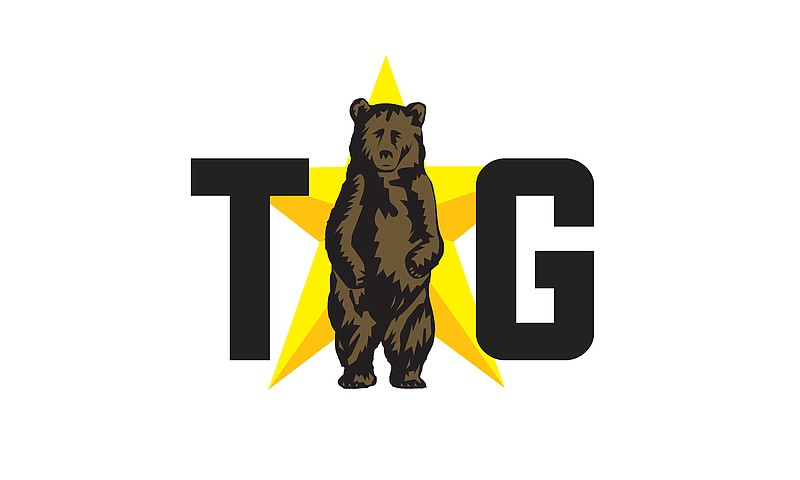CHICAGO - When Michael "Moose" Cusack was born in the Chicago Lying-in Hospital in 1956, doctors told his parents that something was wrong - he had Down syndrome. They advised: don't bring him home. It was better to institutionalize him early, his parents were told.
John and Esther Cusack's first step toward challenging the status quo was bringing their son home. They raised him, loved him and nurtured him the same as his four sisters.
Their support allowed Moose to become a champion.
As a 12-year-old, he competed at Soldier Field with a thousand other athletes, some swimming in an above ground 4-foot lap pool as others ran around a track at the first ever Special Olympics in 1968.
He won his first medal there: 25-yard freestyle swim, gold.
By the end of his career, the pioneering Special Olympics Chicago athlete had more medals and ribbons than he could wear at one time.
His sisters planned to place those awards in a basket Tuesday at his wake, a tradition set by Moose's peers from Marquette Park who died before him.
His loved ones can each take one home to remember Moose, who died at 64 of natural causes associated with Alzheimer's disease surrounded by his sisters and caregivers.
"It's absolutely devastating because he really was such a gift to us," said Connie McIntosh, Moose's oldest sister.
His father was a Chicago police officer and his mother a homemaker. John and Esther Cusack couldn't find a school option for Moose once he came of age, so they and a group of other parents decided they would make one.
The group rented a storefront in Bronzeville, McIntosh said. They hired a retired teacher to teach their children. Moose attended that school for several years before moving on to Chicago Public School's Barnard Elementary.
A couple years after he started school, his father saw a newspaper article about how the Chicago Park District was beginning a pilot program for children with disabilities at West Pullman Park.
There, he met now-Illinois Supreme Court Chief Justice Anne Burke, who recalls that she was then a 20-year-old Chicago Park District physical education teacher.
Burke volunteered in 1965 to lead one of the city's 10 special education recreational programs. Burke's first job was to find children to teach at West Pullman Park.
Moose, around 10 years old, became her first student. He soon learned how to swim - and Burke learned to be careful when they told him they were going to the pool because he would run and jump right in.
In 1968, he competed in the first Special Olympics, which started after Burke suggested creating a citywide track meet for special education children donated $25,000 to help fund the first games.
"He was the impetus," Burke said. "He was the reason why we had the first Special Olympics."
"He's kind of an icon in our group. The longest-serving athlete."
He continued competing - known for his freestyle - until he had a stroke in his 50s that caused him to lose his ability in his left arm, making life more difficult for the left-handed athlete, his oldest sister said.
He traveled around the world for competitions as every year the Special Olympics expanded. There are now more than 5 million Special Olympics athletes worldwide.
Moose played several sports including basketball, bowling, skiing and floor hockey.

